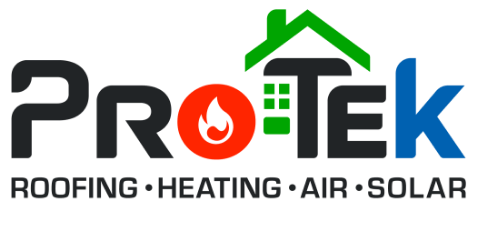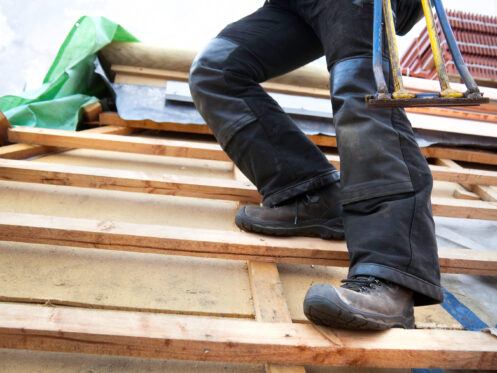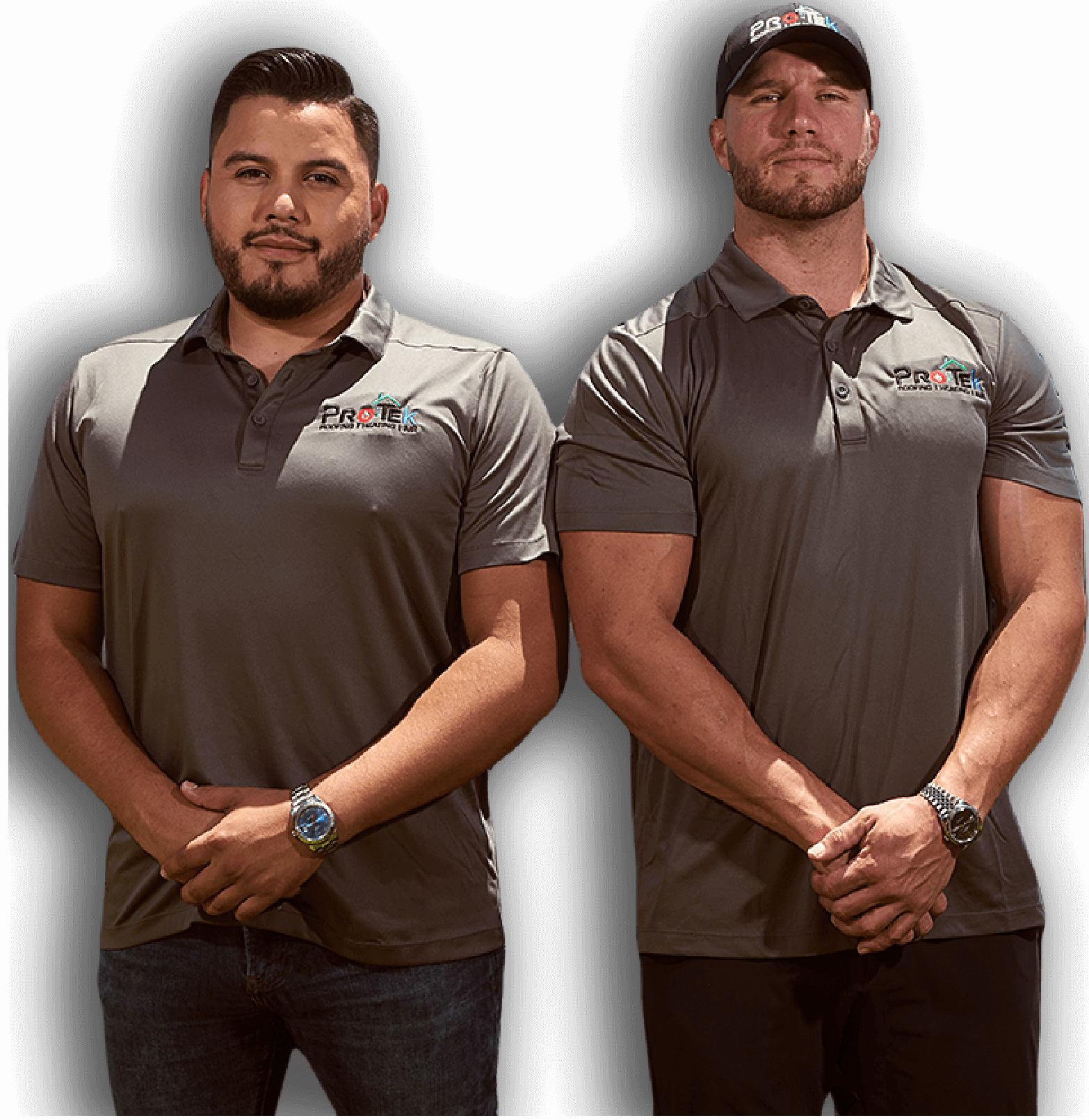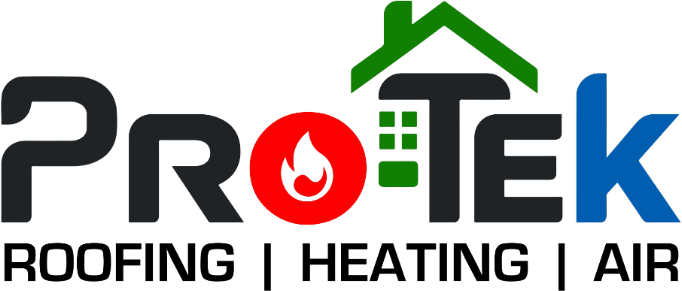The roof is one of the most important structural components of your home. It shields your home from environmental elements and even helps regulate interior ventilation. Given the significance of the roof for the home, replacing the roof itself is usually an in-depth project. Factors to consider include weather conditions, homeowner schedules, and contractor availability. Florida homeowners have unique considerations as well. The state of Florida is generally warmer than most other locations and has a distinct storm season which means you must plan. A look at the most advantageous seasons for roof replacement can help you make a well-informed decision for your home.
What Are the Optimal Seasons for Roof Replacement in Florida?
All seasons have advantages and drawbacks for roof replacement projects. However, Floridians must make special considerations for heat and humidity, tropical downpours, and the infamous hurricane season. For this reason, experts advise that winter and early spring are the optimal seasons for roof replacement in Florida. These seasons allow roofers to work during cooler and drier conditions, thereby increasing the efficiency of your roofing project. And because these periods are traditional “off-season,” homeowners can often receive prioritized service and access to high-quality roofing supplies.
Winter
Winter is the preferred season for roof replacement in Florida. While winter is not advisable in other parts of the country due to snowstorms and blizzards, this season is comparatively mild for Floridians. Unlike other locations known for snow and frost cycles, the primary concern for Florida residents is the hurricane season. According to the National Weather Service (NWS), November 30 marks the official end of the annual hurricane season. This makes the onset of winter the perfect time to install roofs while facing minimal risks of heavy rain or strong winds.
Stable winter temperatures are also better for craftsmanship and the quality of roofing materials. For example, temperatures that are too hot can cause adhesives to soften or melt. However, temperatures that are too cold can make shingles brittle and limit the effectiveness of tar sealant. Fortunately, a National Weather Service study found that the state of Florida has the mildest average winter temperatures in the continental United States. These pleasant temperatures are ideal for completing construction projects without encountering problems with drying or setting.
Spring
Early spring is a sought-after season for roof replacement in Florida. With the advent of warmer weather and clear skies, this season creates pleasant working conditions for roofers. Replacing a roof at this time can also align with a homeowner’s spring cleaning or spring renovation goals. Scheduling an appointment during this time is a great way to identify any rooftop damage that may have occurred on the coldest days of the year. Completing this project during the spring can also reinforce your home in plenty of time before the hurricane season.
If spring is your preferred period, it is helpful to schedule early enough to avoid the more extreme weather that may occur later in the season. These extremes may include thunderstorms and higher humidity that signify the arrival of summer. Excess moisture from precipitation and humidity can cause problems with adhesion and delay roof replacement. Scheduling early enough in the spring maximizes opportunities for sunlight and warmth necessary for roofing materials to adhere and seal properly.
Summer
Summers offer the longest days of the year and provide plenty of Florida sunshine. In some cases, the direct sunlight and heat of early summer can also help construction or roofing adhesives activate and seal faster. In the past, these factors made summer one of the most popular seasons to replace roofs in various parts of the country. For Floridians, however, the summer season also presents unique challenges. According to the Florida Climate Center, average summer temperatures can range from 82°F-95°F. In addition, rooftop temperatures can reach 20° higher than ground temperatures due to direct exposure to ultraviolet rays and sunlight. These conditions can make roofers more susceptible to dangers like heat exhaustion to heat stroke. To minimize this risk, roofers may need to take breaks or reschedule construction projects altogether.
Florida summers can also create problems with humidity. Humidity refers to the amount of water vapor or moisture in the air. According to the Florida Climate Center, relative outdoor humidity can exceed 90% during the summer. This can cause problems with adhesion, and the combination of high heat can even melt sealant products. As summer advances, the weather can become more unpredictable with sudden thunderstorms, lightning storms, and hurricanes.
Fall
Late fall is another peak season for roof replacement. While the earliest weeks of fall can still experience the final hurricanes of the year, late fall marks the return of milder weather and lower humidity. Fall is a great time to assess damage that may have occurred during the torrential season and start fresh without weather-related setbacks. The temperatures also tend to be predictable and consistent, allowing roofing materials to adhere and seal effectively without the risk of extremes. Since fall is a conventionally popular season, setting an appointment may also be more competitive than other seasons of the year. Be sure to contact your roofer early enough to take advantage of the agreeable weather and ensure the availability of roofing supplies.
What Are the Main Reasons for Roof Replacement?
The combination of blazing sun, tropical downpours, and humidity can subject Florida roofs to plenty of wear and tear. This harsh exposure to the elements can cause premature aging and eventually necessitate roofing replacement. Some of the top reasons for imminent roof replacement include damaged shingles, sagging areas, biological growth, or extreme water damage.
Shingle Damage
Excessive shingle damage often indicates that your roof is damaged beyond repair. For example, you may notice curling or broken shingles once these parts have reached the end of their useful lifespan. Blistering shingles can also indicate overexposure to extreme sunlight. Once shingles have reached this point, you may have already noticed heat or ventilation problems within your home or attic. Another sign of shingle damage is the accumulation of granules in your drainage system. This can be a sign that your roof is wearing away, making it important to replace the roof before it impacts the structural integrity of the rest of the home.
Sagging Areas
Sagging areas indicate problems with the decking or underlying support structure. If you notice any sloped or drooping areas, it is vital to obtain professional assistance without delay. Otherwise, this level of weakness or deterioration can increase the risk of roof collapse.
Biological Growth
Due to excessive humidity and frequent rain, Florida roofs are susceptible to the growth of moss and algae. This can accelerate the process of rotting and decay. Moss patches can also grow in areas that have already fallen into disrepair. If there are too many weakened areas of your roof, it may be more economical to replace the structure itself.
Water Damage
Water damage can encourage the growth of mold, mildew, and other problems throughout the home. Signs of water damage include extensive water stains on ceilings or walls, discolored shingles, broken roof flashing, and dirty or clogged soffit and fascia materials. If you notice any of these symptoms, contact a professional for a full evaluation.
Contact Us Today
Choosing the optimal season for roof replacement can help you make a confident decision for your home. Protek Roofing, Heating, Air & Solar provides roofing services for homes in Tampa and surrounding areas. We offer inspection of your existing roof as well as installation of tile, metal, or shingle roofing. Our experts can also assess storm damage as well as specialized projects like solar panel installation. Contact Protek Roofing, Heating, Air & Solar for all roofing needs.




